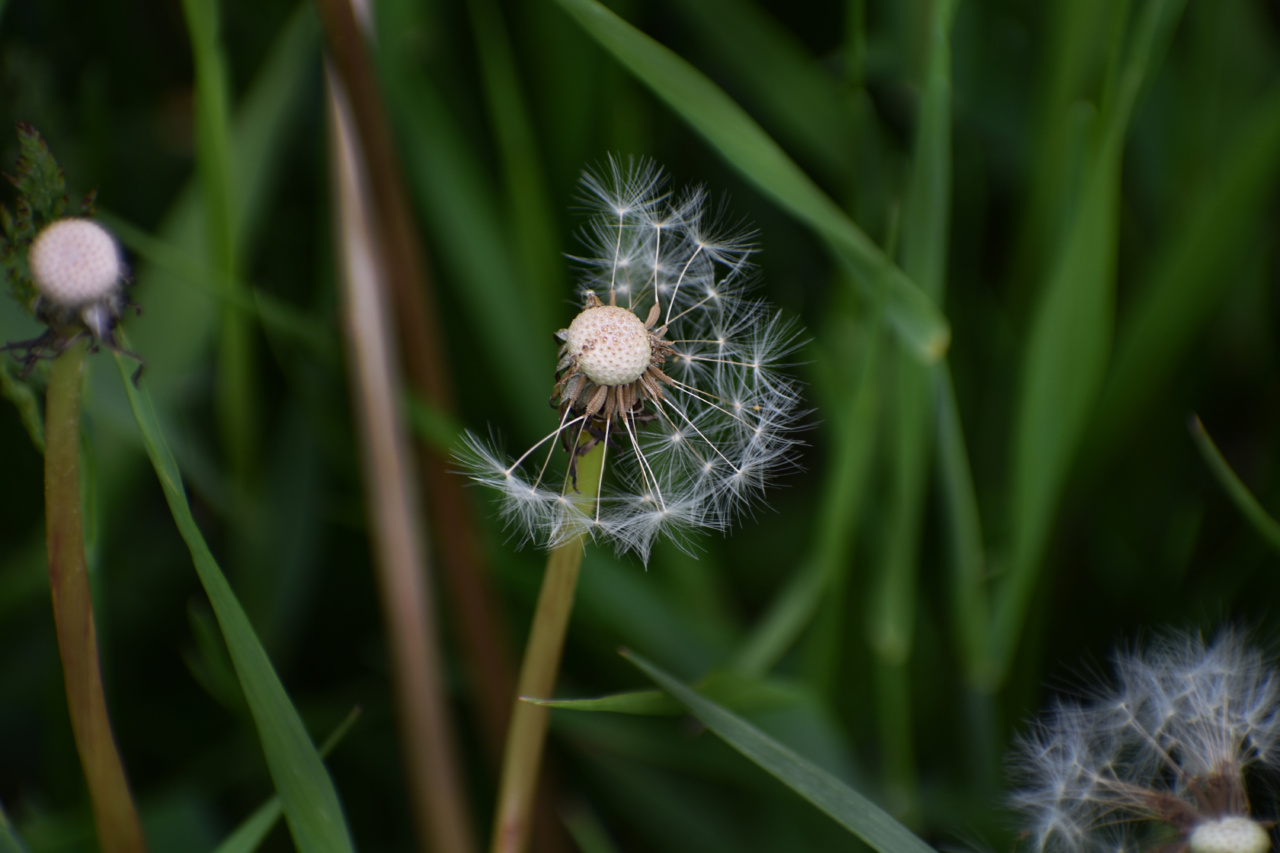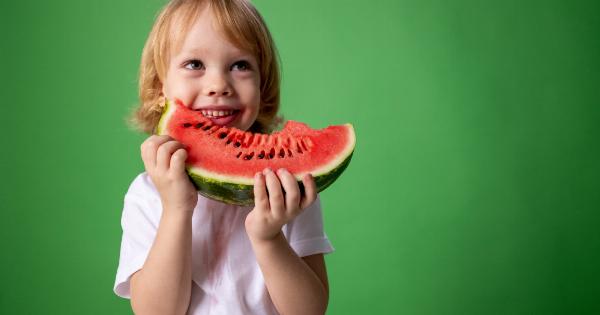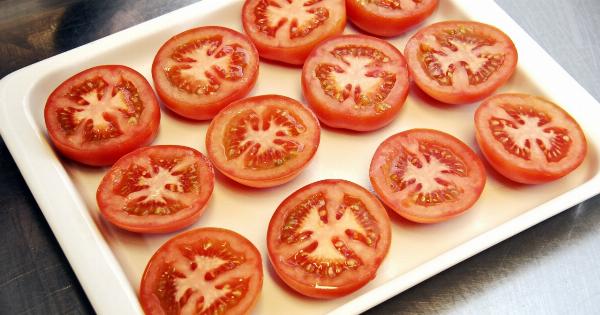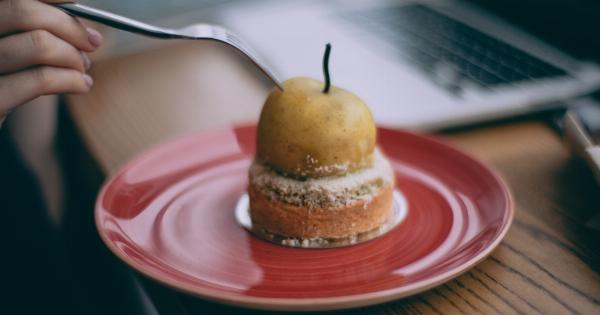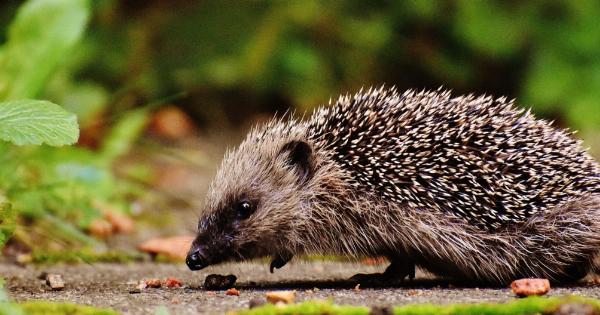Anemia is a condition characterized by a low level of red blood cells or hemoglobin in the blood, which leads to a reduced capacity of the blood to carry oxygen to various parts of the body.
It can result in fatigue, weakness, paleness, shortness of breath, and other symptoms that can significantly impact a person’s quality of life. While there are various causes of anemia, including deficiencies in iron, vitamin B12, and folate, incorporating anemia-fighting seeds into one’s diet can significantly help in managing and improving this condition.
1. Flaxseeds
Flaxseeds are small, brown seeds that are widely recognized for their numerous health benefits. They are an excellent source of iron, which is essential for the production of red blood cells.
Additionally, flaxseeds are rich in omega-3 fatty acids, which have been shown to reduce inflammation and promote cardiovascular health.
2. Chia Seeds
Chia seeds are packed with nutrients that can help combat anemia. They are an abundant source of folate, which is crucial for red blood cell formation and function.
Furthermore, chia seeds are rich in iron, calcium, magnesium, and other essential minerals that support overall health and well-being.
3. Pumpkin Seeds
Pumpkin seeds, also known as pepitas, are not only a tasty snack but also a great addition to an anemia-fighting diet. They are a rich source of iron and zinc, both of which are essential for the production of healthy red blood cells.
Additionally, pumpkin seeds are packed with antioxidants that help reduce inflammation and protect against cell damage.
4. Hemp Seeds
Hemp seeds have gained popularity in recent years due to their impressive nutritional profile. They are an excellent source of iron, magnesium, and zinc, all of which play a vital role in maintaining healthy blood cell production.
Hemp seeds also contain essential amino acids, making them a complete protein source.
5. Sesame Seeds
Sesame seeds have been used for centuries in traditional medicine to boost overall health. They are an excellent source of iron and copper, both of which are essential for red blood cell synthesis.
Sesame seeds also contain lignans, which possess antioxidant properties that can help protect the body against oxidative stress.
6. Sunflower Seeds
Sunflower seeds provide a wide array of nutrients that can aid in the fight against anemia. They are an excellent source of iron, protein, and vitamin E, all of which are necessary for optimal blood cell production and function.
Additionally, sunflower seeds are rich in folate, which is crucial for DNA synthesis and red blood cell formation.
7. Pomegranate Seeds
Pomegranate seeds not only add a burst of flavor to various dishes but also boast numerous health benefits. They are packed with iron, which helps in the production of healthy red blood cells.
Pomegranate seeds are also a rich source of vitamin C, which enhances iron absorption in the body and aids in combating anemia.
8. Quinoa
Quinoa is a versatile seed that is often regarded as a whole grain due to its similar culinary uses. It is a powerhouse of nutrients, including iron, magnesium, and folate, all of which play a vital role in maintaining healthy blood cell levels.
Quinoa is also a great source of plant-based protein, making it an ideal choice for vegetarians and vegans.
9. Amaranth Seeds
Amaranth seeds have been a staple in the diet of various ancient civilizations and are now gaining popularity for their health benefits.
They are an excellent source of iron, calcium, and folate, making them a valuable addition to an anemia-fighting diet. Amaranth seeds are also gluten-free and rich in antioxidants.
10. Millet Seeds
Millet seeds are a group of small-seeded grasses that have been cultivated as food for thousands of years. They are highly nutritious and provide a good amount of iron and other essential minerals.
Millet seeds are also rich in B vitamins, which are crucial for the proper functioning of red blood cells and maintaining overall health.
By incorporating these anemia-fighting seeds into your daily diet, you can improve your body’s ability to produce healthy red blood cells and combat the symptoms of anemia.
Whether you choose to sprinkle them on salads, add them to smoothies, or use them in baking, these seeds offer a tasty and nutritious way to support your health.
